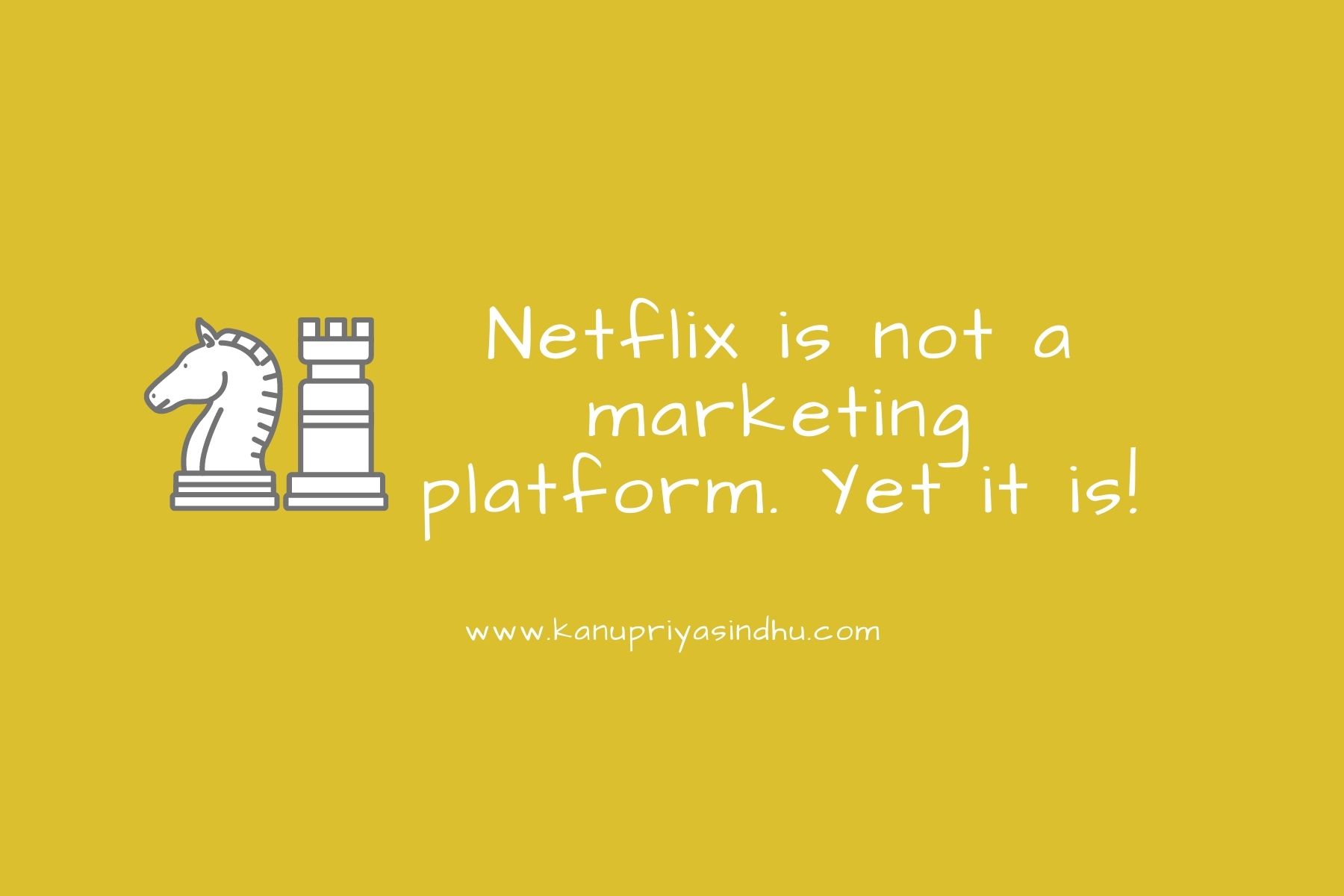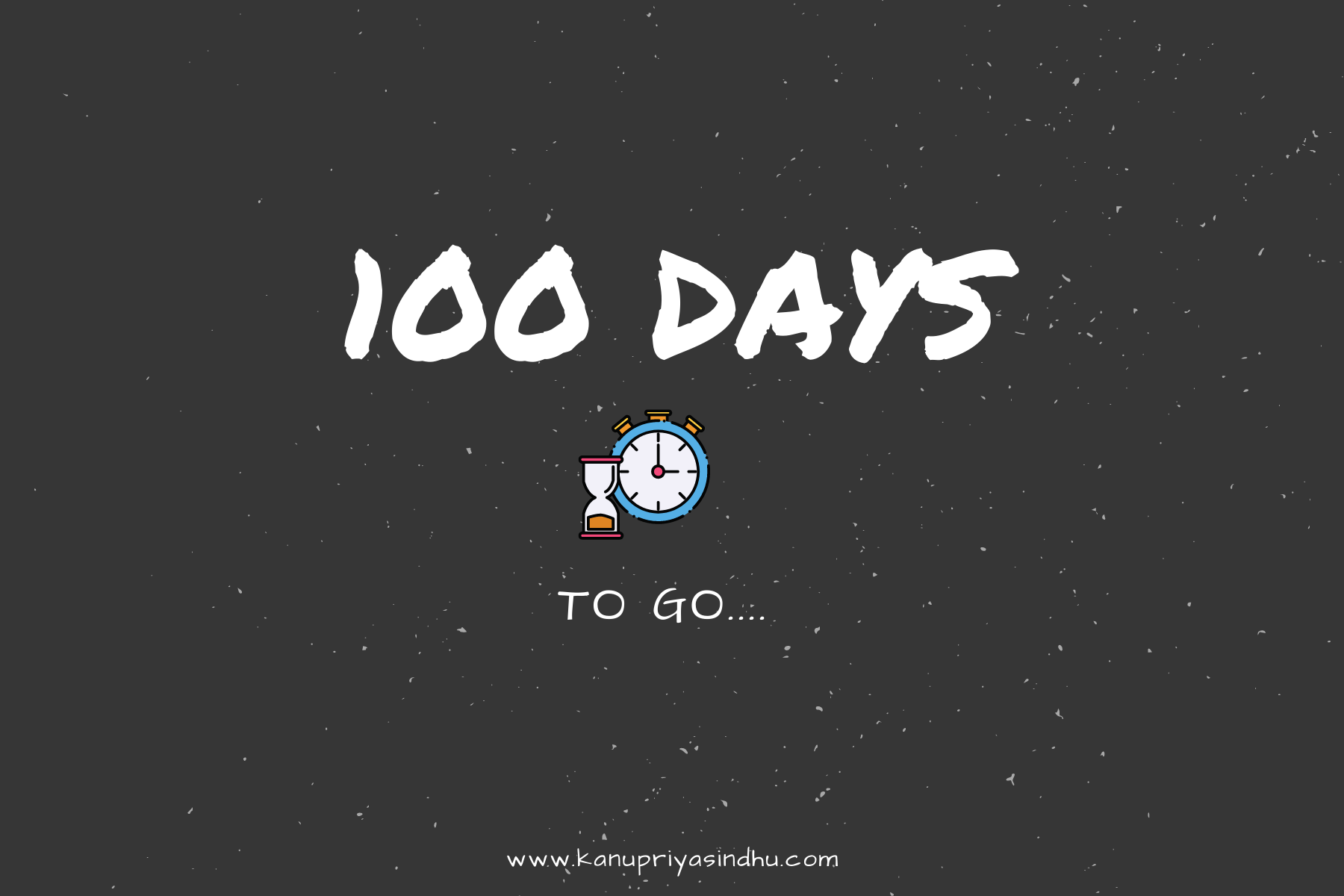Some of my recent consulting work gave me the opportunity to meet and interact with small business owners from different parts of the country, most of them actually from tier 3 cities and beyond. These are small business owners with a formal education level of either 12th or graduation, typically operating out of certain areas in their respective towns and are doing profitable businesses worth few crores every year.
Both the projects that I am consulting for are around digitization and these require me to have an in-depth understanding of how these businessmen operate and their respective selling philosophies.
To say that it was an enriching experience would be an understatement. While I have been closely associated with startup & entrepreneurship world for more than a decade now but the kind of insights you get when you meet these grassroots level entrepreneurs is unparalleled!
No formal MBA degree, no entrepreneurship certification, yet a powerhouse of business wisdom and practical knowledge nuggets.
After meeting a few of them, I got so fascinated with their understanding of sales, marketing, customer relationship that I started taking notes :-).
Sharing some that I loved here translated into English. These are lessons that we know of, perhaps learned through books and repeat many a time during our conference room sessions, but listening to these from real doers in absolute rural language, was nothing less than fascinating :-).
Me: How do you always manage to sell higher ticket items?
Him 1: I don’t jump to selling directly. I first work towards building my relationship with my customer and build the trust. People here value my suggestions and words, once that trust is established, it’s not difficult to sell anything. (One line verbatim: “madam, long term dhanda karna hai toh sabse zaroori hai grahak ka vishwaas jeetna”).
Winning customer’s trust is very important to do a sustainable business.
Me: You have created two very different type of leaflets for the same product, why?
Him 2: Product is same but positioning matters. I customize my offering depending upon who is buying from me (One line verbatim: “jo vigyapan aapke aankh ko jachega wo zaroori nahi ki mujhe bhi jachega, jisko jo jache, usko wo dikhao sabse pehle”).
Segmentation matters and so does contextual targeting!
Me: Commuting to your place isn’t easy, yet people come to you for the repeat purchase. Why?
Him 3: I first start with understanding the general lifestyle and need of my customer. Instead of selling my product, I try to provide a solution to their needs. (One line verbatim: “itna competition hai market main, sabse peel aap decide karo aapka grahak aapse hi “kyun” khareedega. Ye “kyun” bah zaroori hai madam”).
Start with a “why”, why will someone buy from you?
Me: You have changed the corporate brochure, but that’s not allowed. Was it because you wanted it in the local language?
Him 4: Who cares for the features explained in a brochure unless it doesn’t communicate the benefits? Instead of saying good things about the product, I say how it can benefit you or add value to your life (One line verbatim: Kiske paas time hai aajkal itna padhne ki, kisi ko kya padi hai ki humara product kitna mahaan hai, agar aap grahak ko ye samjha do ki humara product uski zindagi ko kaise asaan ya behtar kar sakta hai toh wo jhat se le leta hai”.
Keep it simple and focus on benefits more than the features.
And my most favorite one 🙂
Me: You started working for the first time at the age of 48 and now I can see you’ve employed only women at this place. Wow, how did you convince them to come out of their homes?
Her: It’s easy, I didn’t convince them about working, I just showed them the change in my lifestyle. I am the first woman in this area to have my own Alto :-). In our area, when men work, its for food & shelter but when women also start to earn, it leads to a better lifestyle (One line verbatim: khana, ghar toh aadmi log la ke de dete hai, lekin apni marzi ka saree, ye selfie wala mobile phone ke liye apna income bahut zaroori hai”).
The lifestyle and prosperity of a family grow when a woman starts earning.
Aren’t these insights amazing? I so wish, I had recorded these responses and shared with you all. Would have been a gem of a podcast coming straight from the doers of Bharat :-).






